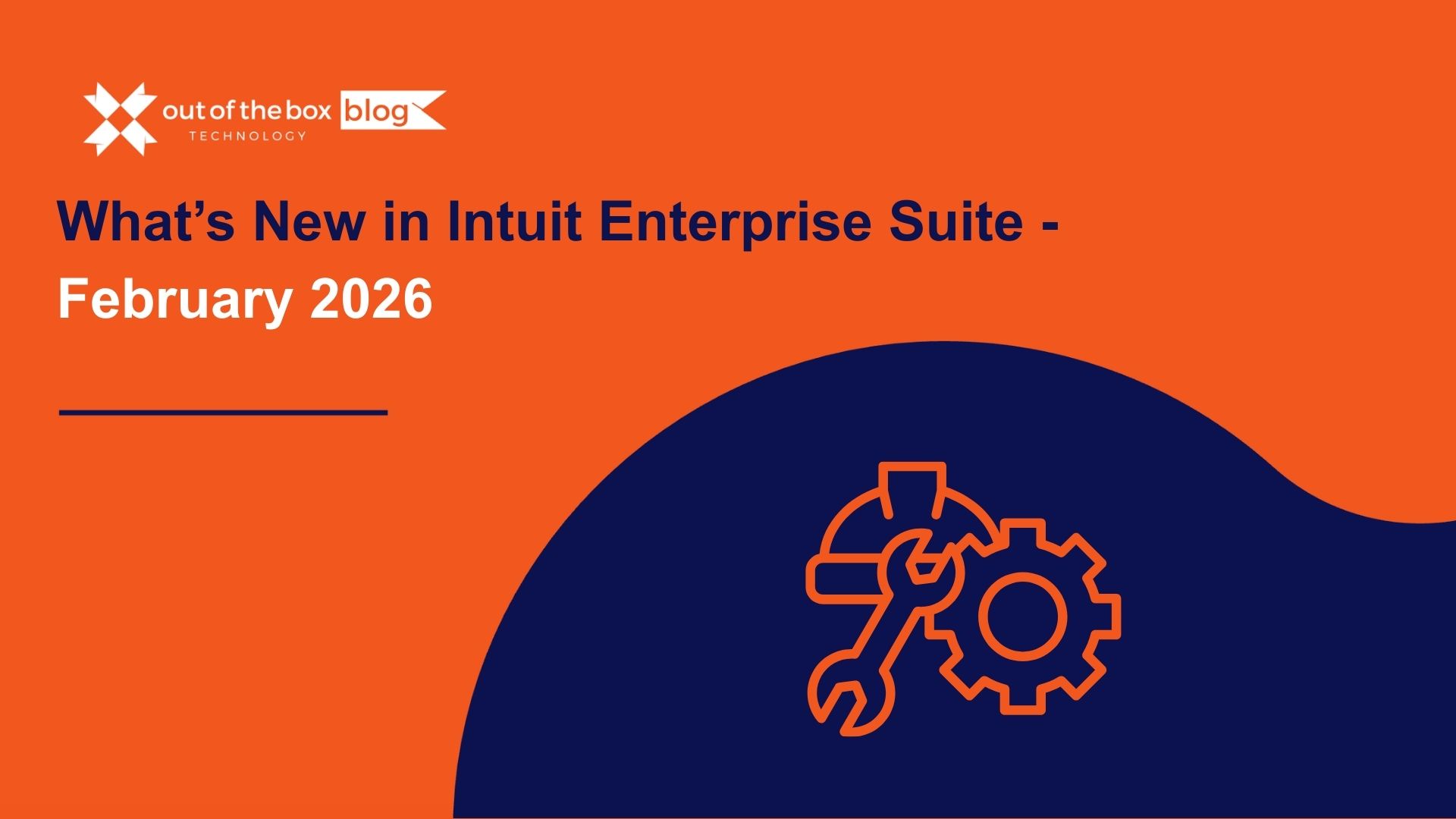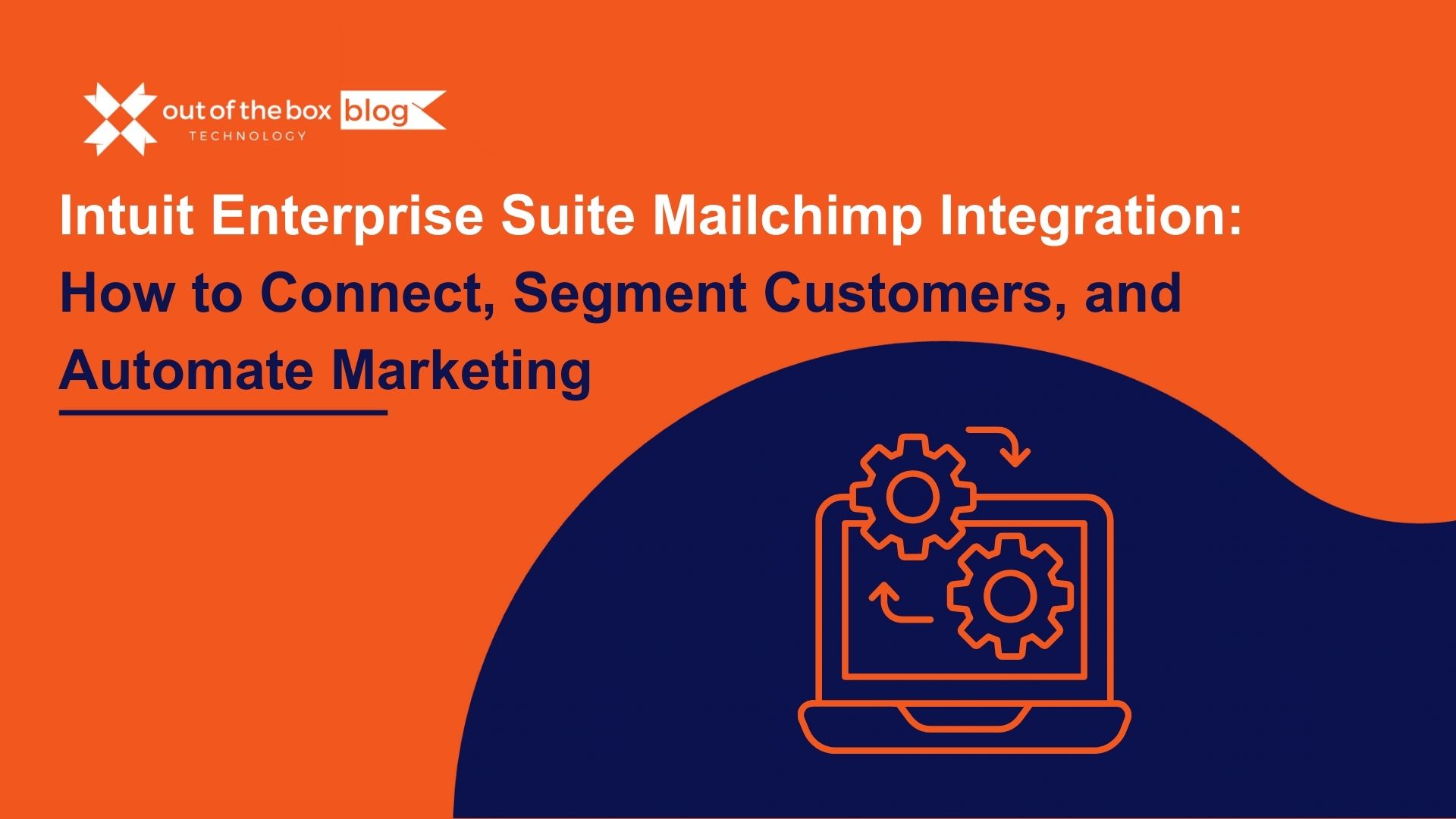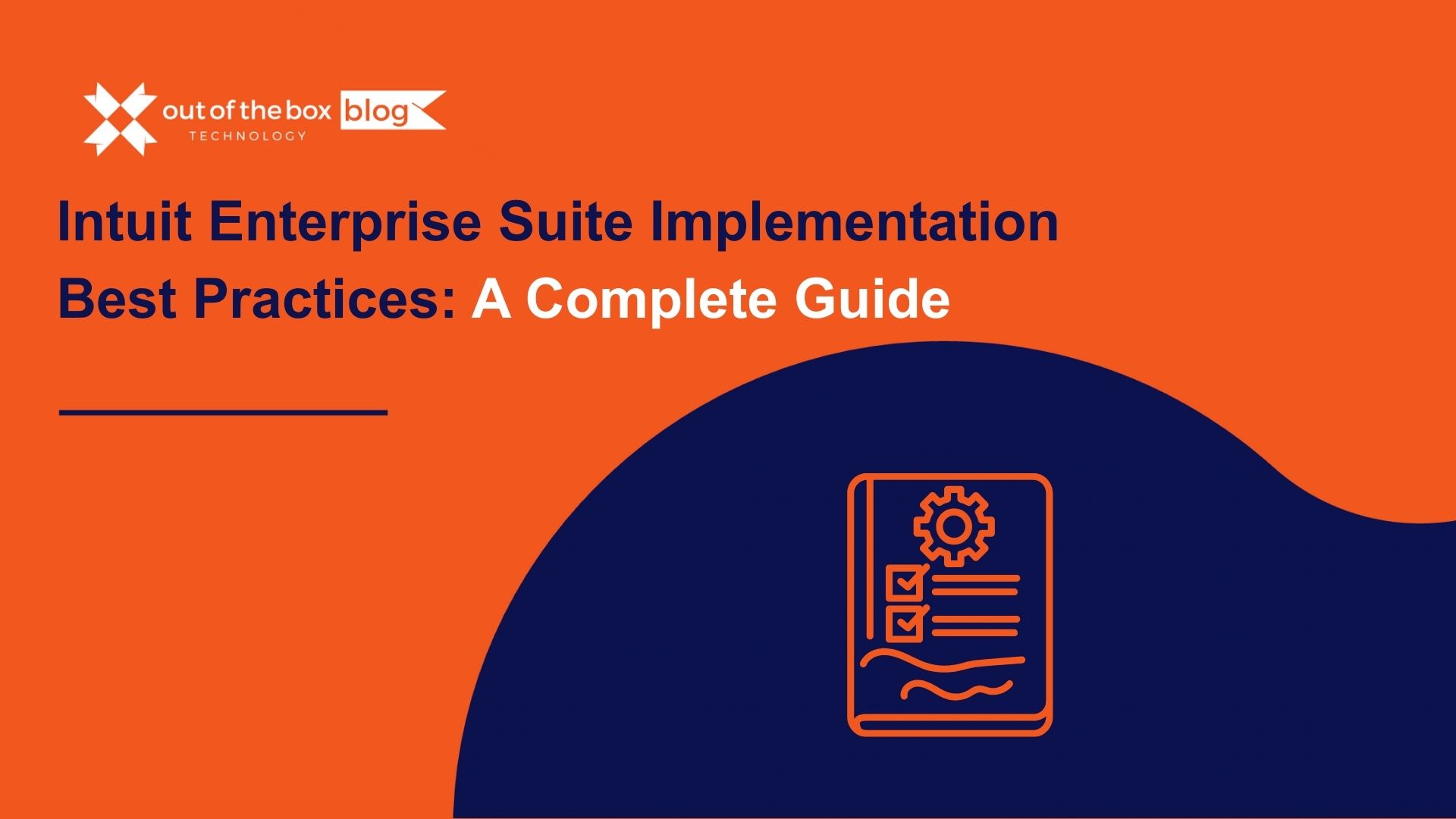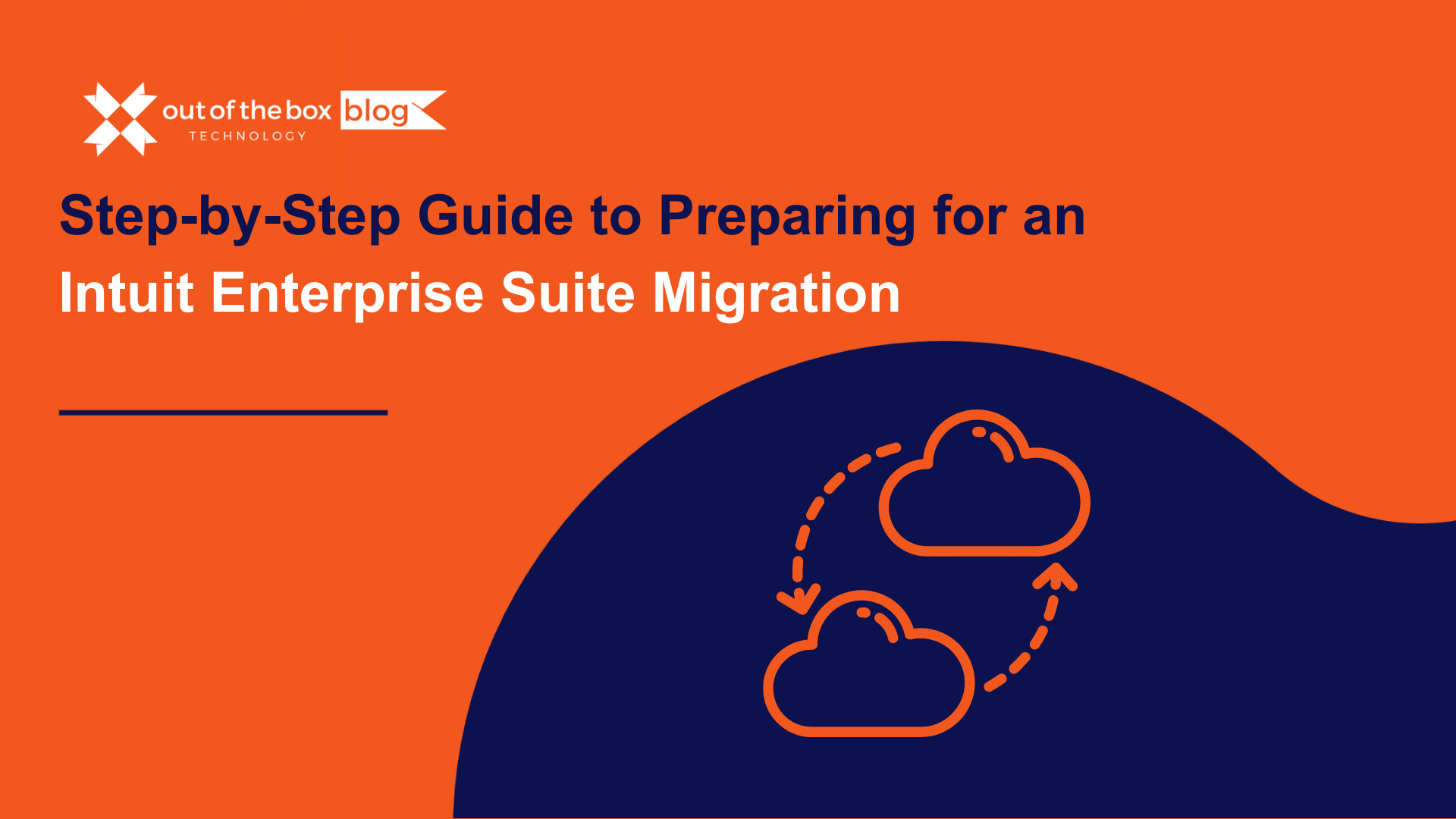When it comes to running a business, every penny counts—especially in industries like construction, consulting, or manufacturing. Knowing exactly how much you spend and earn on each project is crucial to managing costs and improving your bottom line. That’s where job costing comes in. And when you combine job costing with QuickBooks, managing your project finances becomes a breeze.
In this guide, we’ll show you how to leverage QuickBooks for job costing, step by step. Whether you’re new to bookkeeping or want to optimize your project management, you’ll leave with actionable insights to boost your project profitability.
What is Job Costing and Why Does It Matter?
Job costing is the process of tracking the expenses and revenue associated with a specific job or project. Think of it like keeping a detailed diary for each job, where every cost—whether it’s labor, materials, or equipment—is recorded to measure the total expense.
Why does this matter? Simple: Accurate job costing allows you to see whether a project is profitable. Unlike general bookkeeping, which tracks overall income and expenses, job costing zooms in on individual projects, ensuring nothing slips through the cracks.
For businesses that manage multiple projects simultaneously, job costing is essential. It enables better estimates, ensures tighter control over spending, and reduces the chances of budget overruns. In other words, without proper job costing, you might not realize a project is losing money until it’s too late.
How QuickBooks Supports Job Costing
QuickBooks makes job costing simple, even for those who aren’t financial experts. With tools to track income, expenses, labor, and even subcontractor payments, QuickBooks offers an all-in-one solution for businesses that want to stay on top of project costs.
Why choose QuickBooks for job costing?
- User-Friendly Interface: No need to be an accountant to use it.
- Detailed Job Cost Reports: QuickBooks allows you to generate job profitability reports at the click of a button.
- Real-Time Data Access: Get insights into your project’s financial health anytime, anywhere.
Using QuickBooks for job costing ensures accuracy, reduces manual work, and allows you to make smarter financial decisions on the fly.
Setting Up Job Costing in QuickBooks: Step-by-Step Guide
- Create a New Job:
- Go to the Customers tab, select a client, and create a new job under their profile.
- Set Up Expense Categories:
- Use specific categories like labor, materials, or subcontractor fees for tracking.
- Assign Costs to Jobs:
- When recording expenses, assign them to the relevant job to ensure accurate tracking.
- Allocate Labor Costs:
- QuickBooks allows you to track employee hours by project, ensuring labor costs are accurately allocated to each job.
- Generate Job Profitability Reports:
- Once everything is set up, run a Job Profitability Report to see the financial performance of each project in detail.
Tracking Income and Expenses by Job in QuickBooks
The key to effective job costing lies in properly assigning income and expenses to the right job. QuickBooks makes it easy to link every transaction to a specific project.
- Use Invoices and Bills: Always assign invoices and bills to their respective jobs.
- Track Time by Job: If you’re paying employees or contractors hourly, use QuickBooks’ time tracking feature to monitor hours spent on each job.
- Review Job Reports Regularly: Keep a close eye on the Job Profitability Summary and Detail reports to spot trends early.
These practices ensure you get a clear picture of which jobs are profitable—and which ones aren’t.
Common Job Costing Challenges and How to Overcome Them
Even with the best tools, job costing can present challenges. Here are a few common hurdles and solutions:
- Challenge: Forgetting to assign expenses to jobs.
Solution: Set reminders to assign expenses in real time when entering data into QuickBooks. - Challenge: Labor costs are not tracked accurately.
Solution: Use time-tracking apps integrated with QuickBooks for precise labor tracking. - Challenge: Delays in updating job costs.
Solution: Schedule weekly reviews of your job costing data to keep everything up to date.
How Job Costing Can Boost Project Profitability
Accurate job costing provides insights that can help you plan better and avoid costly mistakes. By tracking each project’s performance, you gain a competitive edge and can make adjustments before issues arise.
For example, if you notice a project is running over budget halfway through, you can reallocate resources or renegotiate terms to minimize losses. In the long run, this attention to detail improves your project estimates and makes it easier to stick to budgets.
Conclusion
Job costing is the secret weapon for businesses looking to maximize profitability on every project. And with QuickBooks, you don’t have to be an expert in bookkeeping to stay on top of your project finances. By following the steps outlined in this guide, you’ll be able to set up job costing efficiently, track income and expenses by job, and generate reports to monitor profitability.
Start using job costing in QuickBooks today to take control of your finances and watch your business grow!
FAQs
- What types of businesses benefit the most from job costing?
Job costing is especially useful for businesses that manage multiple projects, such as construction, consulting, or manufacturing firms. - Is job costing in QuickBooks only for large businesses?
No, businesses of all sizes can benefit from job costing, especially if they want to track project profitability accurately. - How do I allocate labor costs accurately in job costing?
Use QuickBooks’ time tracking feature to ensure employee hours are correctly assigned to specific jobs. - Can QuickBooks handle job costing for multiple projects?
Yes, QuickBooks allows you to track costs and income across multiple jobs simultaneously. - What reports in QuickBooks help analyze job profitability?
The Job Profitability Summary and Detail reports provide a clear view of project financial performance. - Can job costing be automated within QuickBooks?
Yes, integrating time-tracking apps and automating invoicing makes job costing more efficient. - How often should I update job costing data?
It’s best to update job costing data at least weekly to maintain accuracy. - What’s the difference between job costing and project tracking?
Job costing focuses on financial aspects, while project tracking involves timelines and task completion.
Meet with a QuickBooks service expert today!
Ready to boost your profitability and stay on top of every project? Start using job costing in QuickBooks and see the difference it makes. Whether you need help setting it up or want to streamline your financial workflows, Out of the Box Technology is here to support you every step of the way. Contact us today to schedule your consultation today.




